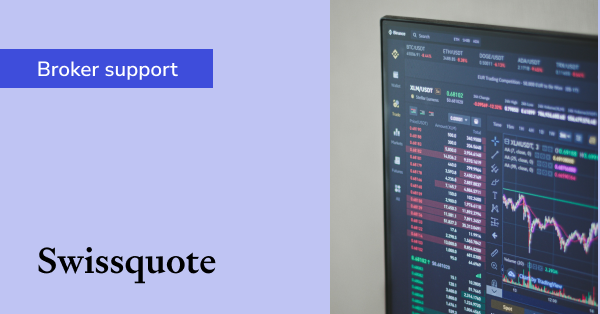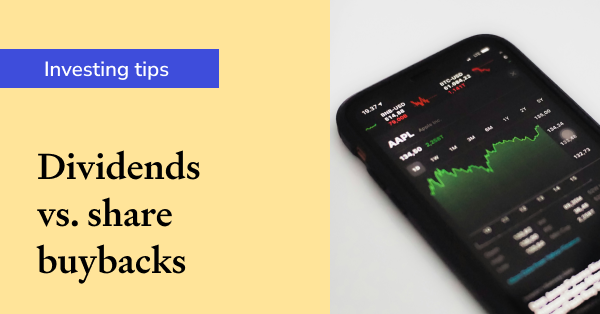Why investors should connect Marketech Focus and Sharesight
Unlock the ultimate solution for investing, trading insights and performance tracking by connecting your Marketech Focus account with Sharesight’s online portfolio tracker. Marketech’s connection to the Sharesight API means that investors can automatically sync their Marketech trades to Sharesight, giving them access to the performance tracking and tax reporting features of Sharesight along with Marketech’s low-cost brokerage and trading insights.
What is Marketech Focus?
Marketech Focus is an online trading platform designed to provide market-leading trading tools and fairer fees to active ASX investors. Unlike traditional platforms where active investors can spend thousands of dollars each year on trading fees, Marketech’s pricing model rewards active traders with lower fees. Marketech also provides investors with real-time streaming pricing data via mobile and PC, plus information and trading tools that enable greater insight, control and transparency over trading decisions.
Why investors should connect Marketech and Sharesight
Together, Marketech Focus and Sharesight create the ultimate connected infrastructure for ASX traders and investors. By connecting your Marketech account to Sharesight, all of your historical and ongoing Marketech trades will be automatically synced to your Sharesight portfolio, giving you access to Sharesight’s performance tracking, tax reporting and a range of powerful performance reports. For active investors, this means less time spent on portfolio and tax admin, and more time to focus on your trading strategy.
How to connect your Marketech account to Sharesight
Connecting your Marketech account to Sharesight is easy. All you need to do is sign up for Sharesight, then enter your Sharesight account number into the portfolio section on the Marketech Focus app or webpage.

Once you’ve linked your Sharesight and Marketech accounts, your historical and ongoing trades will automatically be synced to your Sharesight portfolio via the API with no additional effort required on your part. You can then use Sharesight to get a clear picture of your investment performance, including the impact of capital gains and losses, dividends, currency fluctuations and other factors influencing returns, as seen in the screenshot example below.
 How your Sharesight portfolio will look once imported
How your Sharesight portfolio will look once imported
Sharesight’s API made the integration easy
Integrating Marketech with the Sharesight API was a quick and straightforward process. It only took a few weeks from start to finish, and the Sharesight team was very easy to work with. If you’re looking for an easy way to add value to your customers and your platform, I would definitely recommend working with Sharesight.
Get started with Marketech today
If you’re not already using Marketech, sign up to take advantage of Marketech’s low brokerage fees, living pricing data and sophisticated charting tools for active ASX investors. Marketech is offering a free 2-week test drive of the platform to allow Sharesight users to see the benefits for themselves – visit the Marketech site and try it for yourself.
If you're new to Sharesight, sign up for a free account to start tracking your investments (and tax) today.
FURTHER READING

How Sharesight helps advisors track net worth and simplify compliance
We talk to Ryan Jones, Partner, Accountant and Financial Advisor at Jones Louros, about how he uses Sharesight to manage his clients’ investment trusts.

Automatically track Swissquote trades with Sharesight
If you trade using Swiss broker Swissquote, you can automatically import your trading data to your Sharesight portfolio.

Dividends vs. share buybacks: Which is better for investors?
We take a look at dividends and share buybacks, discussing the pros and cons of each, the tax implications and which one is more beneficial for investors.